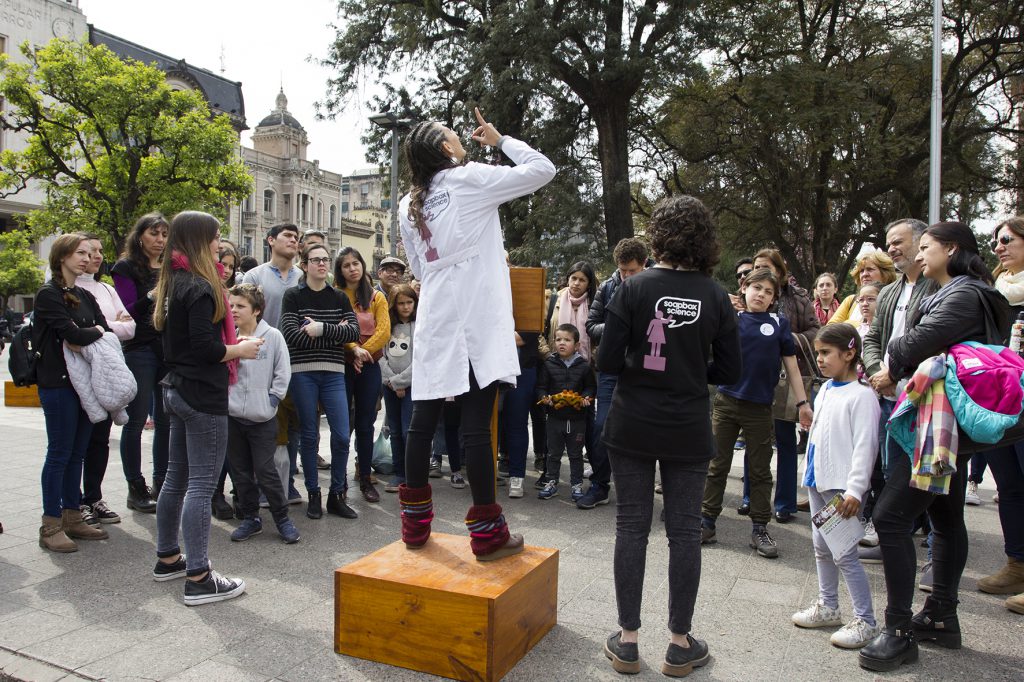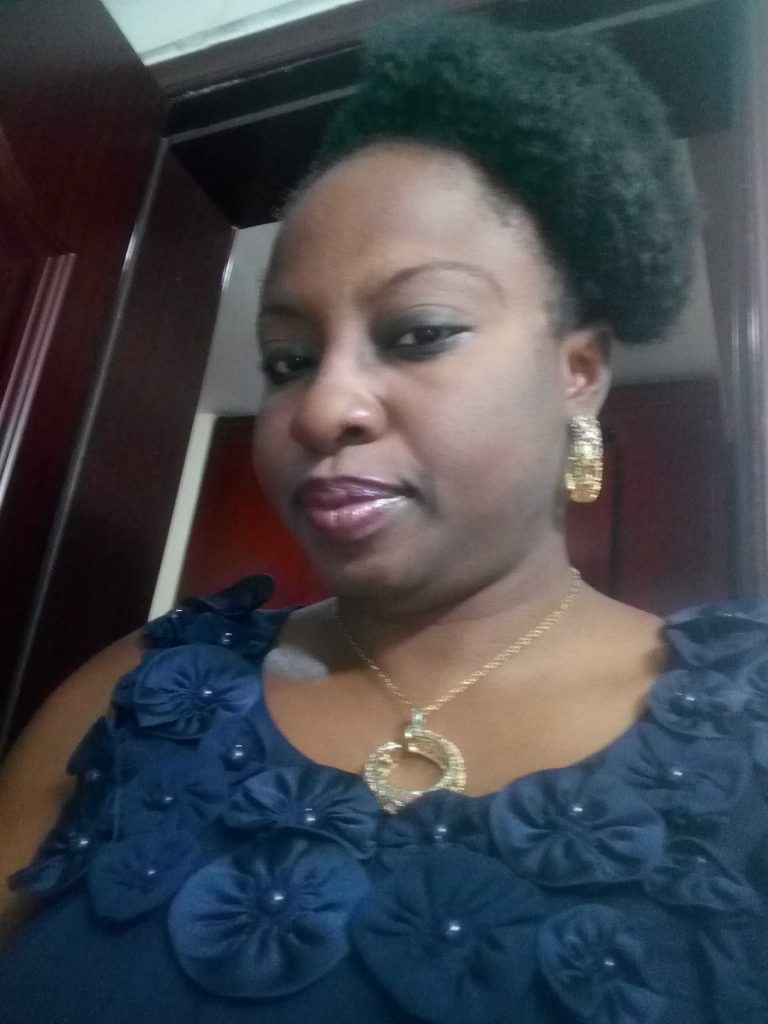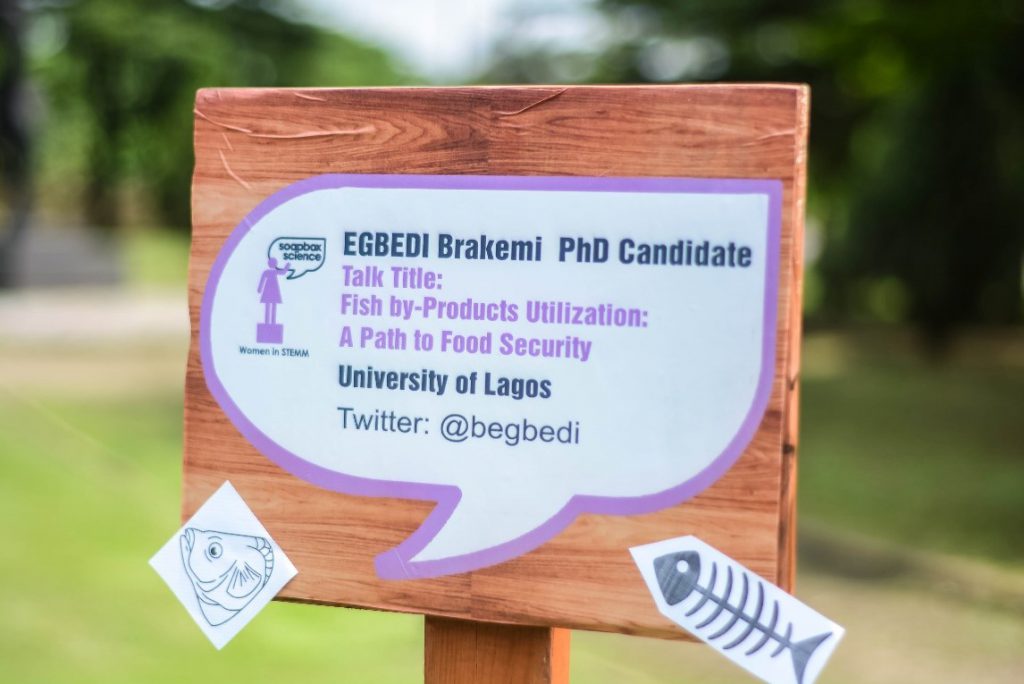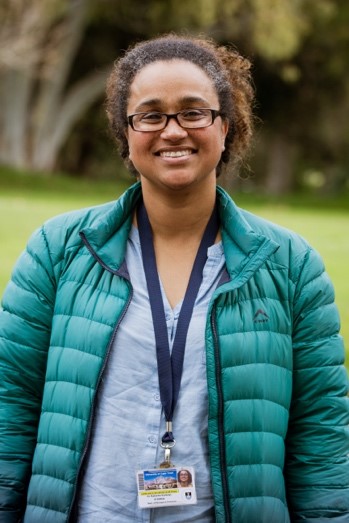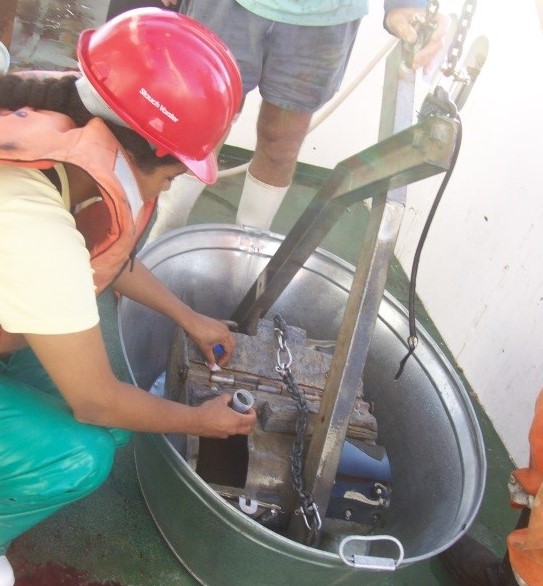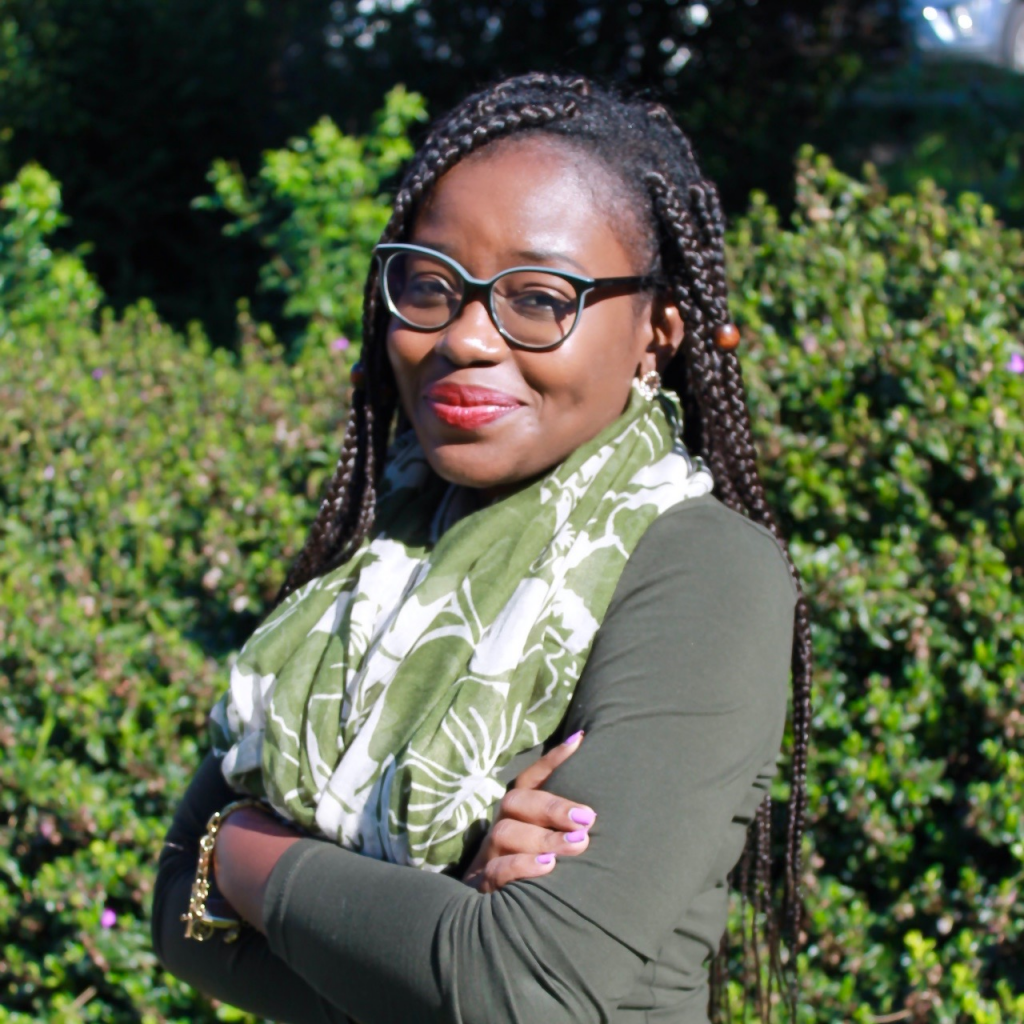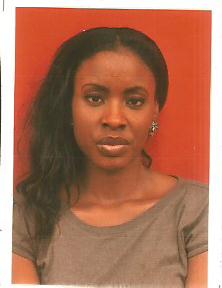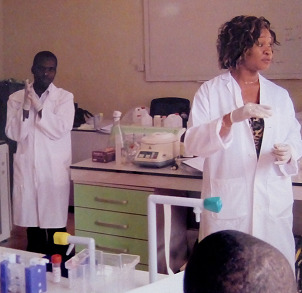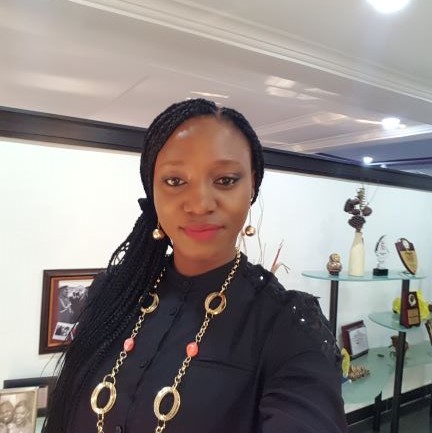Hannah Wallace is a PhD candidate in Dr. Rod Russell’s Lab in the division of Biomedical Sciences in the Faculty of Medicine at Memorial University. Hannah’s project is called “Pyroptosis: A Pathogenic Assault or a Mechanism of Protection?” which she likes to call “Viruses and the Cells they Kill” for short.
by Hannah Wallace
My initial interest in science was peaked by an older cousin talking to me about dinosaurs. The Parasaurolophus was (and, honestly, still is) my favourite dinosaur. From age six to about 13, I always told people I wanted to be a palaeontologist. Meanwhile, I was taking regular ballet classes and performing in musicals.
When I started Grade 11 Biology, I thought I was going to hate it but my teacher took the time to answer my many, many questions and cultivated my curiosity; I finished the semester loving biology! With that, I decided I was going to do a science degree after high school even though I really wanted to be on Broadway. I figured biology would be a safe backup plan.
My interest in viruses developed during my undergraduate years at the University of New Brunswick – Saint John thanks, in no small part, to my professor, Barb Dowding, MSc (Memorial University alumna). I enrolled in Barb’s Introductory Biology. It was the winter of 2014 and the Ebola outbreak in west Africa was just beginning. Who would have thought that world events and a class at a small university would conspire to produce a virologist? Barb incorporated the Ebola outbreak into the course as a dynamic model to illustrate the power and importance of science in the fight against emerging viruses that had the potential to decimate the human population. At the time, there were no drugs/antivirals or vaccines to work against this virus. In retrospect, I was hooked on viruses.
In my fourth year, after taking several other of Barb’s courses, I arranged to do an independent study with her (which involved writing a large review paper). I could choose any topic related to biology that I wanted. I was torn between radiation-induced health problems caused by the Chernobyl nuclear disaster or the 2014-2016 Ebola outbreak in west Africa, the largest Ebola outbreak to date. If you read the title of my project, you can probably guess which one I finally picked. The tipping point for the decision was a book that I read over my Christmas holidays – The Hot Zone by Richard Preston. I am not the only virologist who was inspired by this book to pursue a career in understanding viruses and how they interact with the cells that they infect. The Hot Zone describes the events in 1998 when a filovirus (the family of viruses of which Ebola is part) was discovered as the cause of death of monkeys in a primate housing facility in Reston, Virginia. The book is a bit dramatic and not totally accurate but I was captivated by the world of virology. Even though I was concurrently doing an honours research thesis on sturgeon physiology, my Ebola review catalyzed my decision to study virology in grad school.
The most fascinating part of my current research is being able to study viruses and how they use cellular pathways to their advantage. I also love being able to contribute to the field of virus research, helping to understand how a virus can go from infecting a single cell to causing systemic disease. By contributing to our understanding of how viruses induce disease, I hope that we can figure out a way to block the progression of disease during viral infection.
It has been very strange being a virologist during the SARS-CoV-2 pandemic. I have been doing more science communication than I ever dreamed and answering tons of questions from family and friends.
Research on SARS-CoV-2 is moving at an extremely fast pace and it has been challenging and rewarding to keep up with the newest developments. The biggest thing I have learned during the pandemic is that virology is even more crucial than I thought. It has been cemented in my mind that I absolutely want to continue to research viruses. The pandemic has also instilled a drive to better communicate science to the general public because science is definitely for EVERYONE. The pandemic highlighted, once again, just how important science itself is and how important science communication is for the general population. My hope is that the pandemic, despite its many negative effects, will inspire more people to become involved in science, to be curious, to ask questions, and to follow their dreams.

